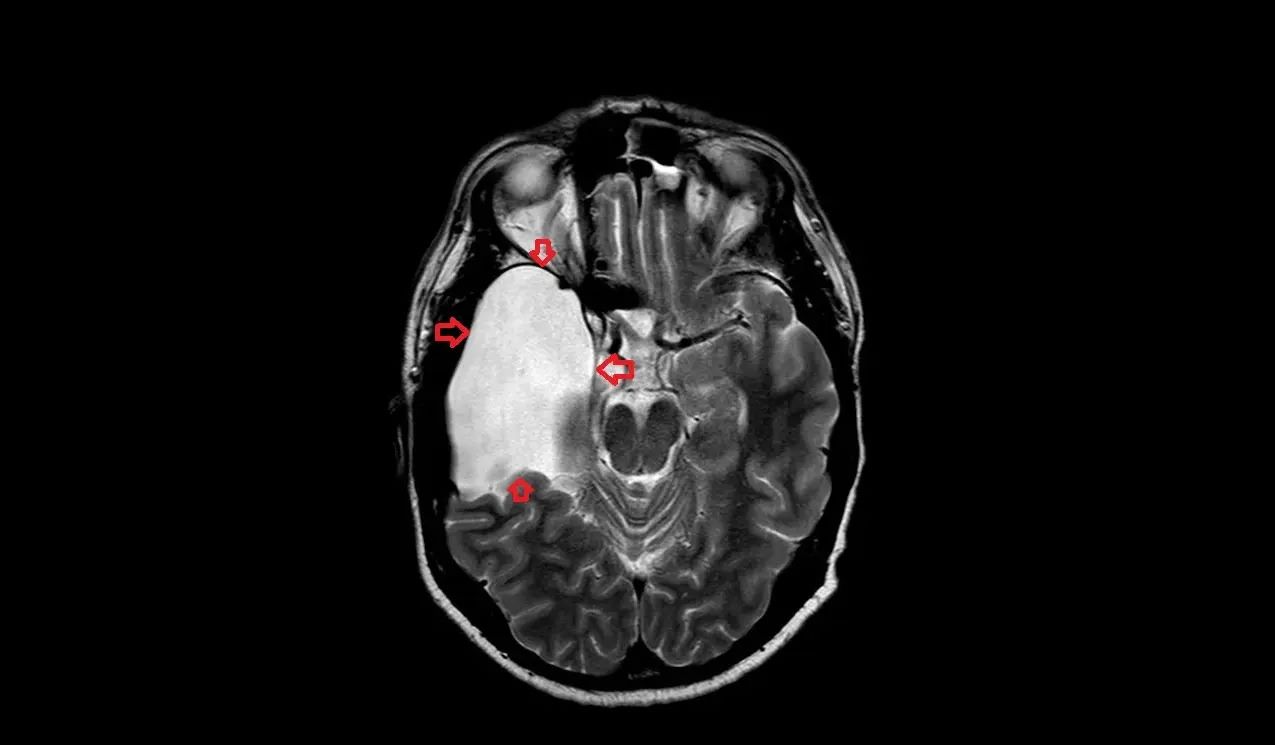
Alpha-2 Deficient Collagen Disease might sound like a mouthful, but understanding it can be quite simple. This rare genetic disorder affects the body's connective tissues, leading to various health issues. Collagen is a protein that helps keep skin, bones, and other tissues strong. When the body can't produce enough of the alpha-2 chain of collagen, problems arise. Symptoms can include fragile bones, stretchy skin, and joint issues. Genetic mutations are the culprits behind this condition. Knowing the facts about this disease can help in managing it better. Let's dive into 20 key facts about Alpha-2 Deficient Collagen Disease.
What is Alpha-2 Deficient Collagen Disease?
Alpha-2 Deficient Collagen Disease is a rare genetic disorder affecting the body's connective tissues. It primarily impacts the production of collagen, a protein crucial for skin, bones, and other tissues. Here are some intriguing facts about this condition.
-
Genetic Mutation: This disease results from mutations in the COL1A2 gene, which encodes the alpha-2 chain of type I collagen.
-
Collagen's Role: Collagen provides structure and strength to various tissues. Deficiency leads to weakened connective tissues.
-
Inheritance Pattern: It follows an autosomal dominant inheritance pattern, meaning one copy of the altered gene can cause the disorder.
-
Symptoms: Common symptoms include brittle bones, joint hypermobility, and skin that bruises easily.
How Does It Affect the Body?
Understanding how Alpha-2 Deficient Collagen Disease impacts the body can help in managing symptoms and improving quality of life.
-
Bone Fragility: Individuals often experience frequent fractures due to weakened bones.
-
Joint Issues: Joint hypermobility can lead to frequent dislocations and chronic pain.
-
Skin Problems: The skin may be unusually stretchy and prone to bruising.
-
Dental Issues: Teeth may be brittle and prone to cavities and other dental problems.
Diagnosis and Testing
Early diagnosis is crucial for managing Alpha-2 Deficient Collagen Disease effectively. Here are some key points about its diagnosis.
-
Genetic Testing: A definitive diagnosis is usually made through genetic testing to identify mutations in the COL1A2 gene.
-
Bone Density Scans: These scans help assess the extent of bone fragility.
-
Clinical Evaluation: Doctors often look for physical signs like joint hypermobility and skin elasticity.
Treatment Options
While there is no cure, various treatments can help manage symptoms and improve quality of life.
-
Physical Therapy: Helps strengthen muscles around joints, reducing the risk of dislocations.
-
Medications: Pain relievers and bone-strengthening medications can be prescribed.
-
Surgery: In severe cases, surgical interventions may be necessary to repair fractures or stabilize joints.
Living with Alpha-2 Deficient Collagen Disease
Living with this condition requires ongoing management and lifestyle adjustments.
-
Diet: A diet rich in calcium and vitamin D can help strengthen bones.
-
Exercise: Low-impact exercises like swimming can improve muscle strength without stressing the joints.
-
Protective Gear: Using protective gear during physical activities can prevent injuries.
Research and Future Directions
Ongoing research aims to find better treatments and possibly a cure for Alpha-2 Deficient Collagen Disease.
-
Gene Therapy: Scientists are exploring gene therapy as a potential treatment to correct the genetic mutation.
-
Stem Cell Research: Research into stem cells offers hope for regenerating damaged tissues.
-
Clinical Trials: Participation in clinical trials can provide access to new treatments and contribute to scientific understanding of the disease.
Final Thoughts on Alpha-2 Deficient Collagen Disease
Alpha-2 Deficient Collagen Disease, though rare, impacts many lives. Understanding its symptoms, causes, and treatments can make a big difference. Early diagnosis helps manage symptoms better, improving quality of life. Genetic testing plays a crucial role in identifying this condition. Treatments focus on managing symptoms since there's no cure yet. Physical therapy, medications, and lifestyle changes can help. Research continues to seek better treatments and a potential cure. Support groups and resources provide valuable help for patients and families. Staying informed and connected with healthcare providers ensures the best care. Awareness and education about this disease can lead to earlier diagnoses and better support for those affected. By spreading knowledge, we can make a positive impact on the lives of those living with Alpha-2 Deficient Collagen Disease.
Was this page helpful?
Our commitment to delivering trustworthy and engaging content is at the heart of what we do. Each fact on our site is contributed by real users like you, bringing a wealth of diverse insights and information. To ensure the highest standards of accuracy and reliability, our dedicated editors meticulously review each submission. This process guarantees that the facts we share are not only fascinating but also credible. Trust in our commitment to quality and authenticity as you explore and learn with us.


